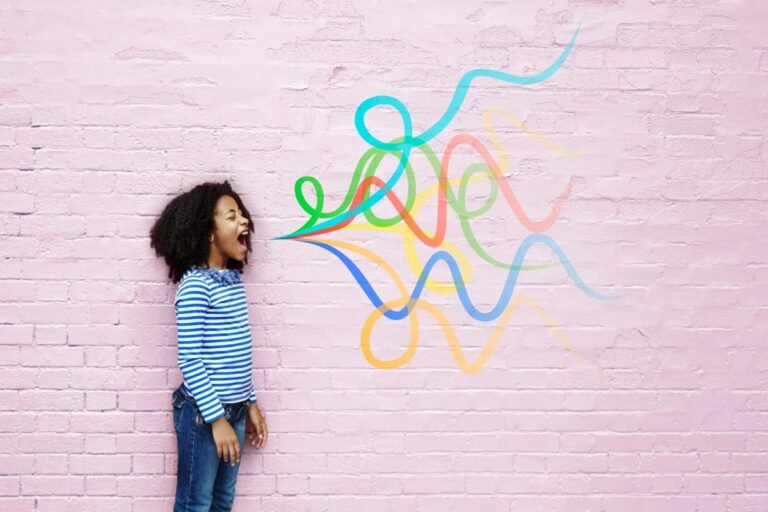
The tools would be part of a wider set of proposals Ofcom is putting together focused on online child safety.
Consultations for the comprehensive proposals will start in the coming weeks with the AI consultation coming later this year, Ofcom said.
AI researchers are finding ever-more sophisticated ways of using AI to detect, for example, deep fakes, as well as to verify users online.
It found that 32% of the kids reported that they’d seen worrying content online, but only 20% of their parents said they reported anything.
Among children aged 16-17, Ofcom said, 25% said they were not confident about distinguishing fake from real online.

Patlytics, an AI-powered patent analytics platform, wants to help enterprises, IP professionals, and law firms speed up their patent workflows from discovery, analytics, comparisons, and prosecution to litigation.
The outfit recently launched its product, which is SOC-2 certified, and already serves some top-tier law firms and a few in-house legal counsels at enterprises as customers.
Its target users include IP law firms and companies with several patents.
“Protecting intellectual property remains a major priority and business requirement for information technology, physical product, and biotechnology companies.
Notably, the round also attracted a host of angel backers, including partners at premier law firms, Datadog President Amit Agarwal, Fiscal Note founder Tim Hwang, and Tapas Media founder Chang Kim.

This is particularly true in Europe in the context of GDPR: While many companies are hoping to build AI on top of voice data, in many cases, this requires removing biometric information first.
This is where Nijta hopes to help: by providing AI-powered speech anonymization technology to clients that need to comply with privacy requirements.
The startup also says that Nijta Voice Harbor’s protection is irreversible, unlike some of the voice modifications unwisely used by media outlets hoping to protect victims they interview.
A lack of awareness of privacy issues around voice is one of the challenges Nijta will have to face.
This is also why starting with B2B and Europe seems to make sense: Even if customers aren’t pushing for voice privacy, risking a hefty fine is turning companies into early adopters.

This new impediment to securing financing opportunities for BIPOC entrepreneurs is disconcerting.
Confronted with these challenges, angel investors and investment groups that fund BIPOC entrepreneurs must remain committed to keeping vital early-stage capital flowing.
This inherent color blindness removes a structural impediment that blocks minority investing within the conventional venture capital fund structure.
Eleven percent of all campaigns on the platform Honeycomb have been run by Black founders, and SeedInvest has seen 12% of campaigns run by Black founders.
Defining intentionally inclusive criteria in your fund/syndicate may also open the door to additional funding opportunities for BIPOC entrepreneurs.

Internal Meta documents about child safety have been unsealed as part of a lawsuit filed by the New Mexico Department of Justice against both Meta and its CEO, Mark Zuckerberg.
The documents reveal that Meta not only intentionally marketed its messaging platforms to children, but also knew about the massive volume of inappropriate and sexually explicit content being shared between adults and minors.
“For years, Meta employees tried to sound the alarm about how decisions made by Meta executives subjected children to dangerous solicitations and child exploitation,” Torrez continued.
Meta’s acknowledgement of the child safety issues on its platform is particularly damning.
When including reports from Instagram (5 million) and WhatsApp (1 million), Meta platforms are responsible for about 85% of all reports made to NCMEC.

Since bots are now a larger part of online activity, businesses are at a greater risk of being targeted by bad bots. This is particularly true now that 42.3% of…

Google’s security research unit is warning Android device owners that a set of vulnerablities found in Samsung chips used in dozens of Android models, wearables, and vehicles could soon be…

The Los Angeles Rams are no longer a laughingstock in the NFL. startups are a vital part of the global economy, and their growth is essential for future economic prosperity.…











